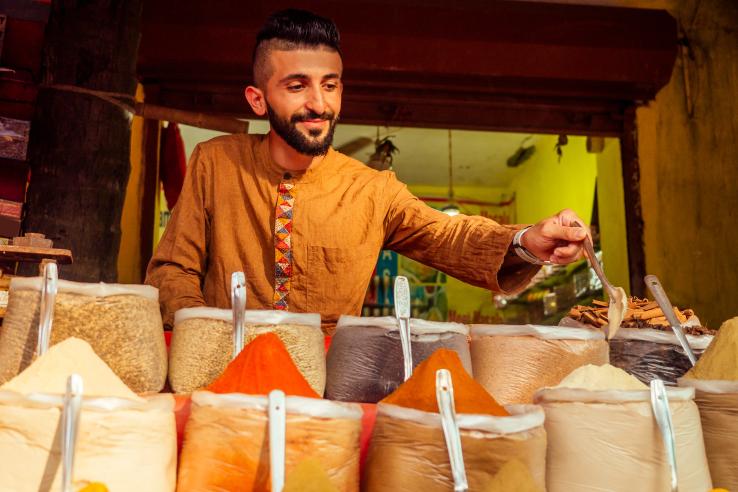Displaying 316 - 330 of 8473
Research Paper
File: Research paper
Policy Publication
File: Policy publication
Providing large loans to small businesses in Egypt had no impact on profits for the average borrower, but entrepreneurs predicted in advance to be top performers saw much higher returns than their peers.
Research Paper
File: Research paper
Research Paper
File: Research paper
Research Paper
File: Research paper
Policy Publication
File: Policy publication
A civic education programme implemented through student-centred teaching methods cultivated students’ sense of altruism and tolerance towards others. The intervention also improved students’ academic achievement and school behaviour.
Research Paper
File: Research paper
Research Paper
File: Research paper
Research Paper
File: Research paper
Research Paper
File: Research paper
Research Paper
File: Research paper
Research Paper
File: Research paper
Research Paper
File: Research paper
Research Paper
File: Research paper
Research Paper
File: Research paper

